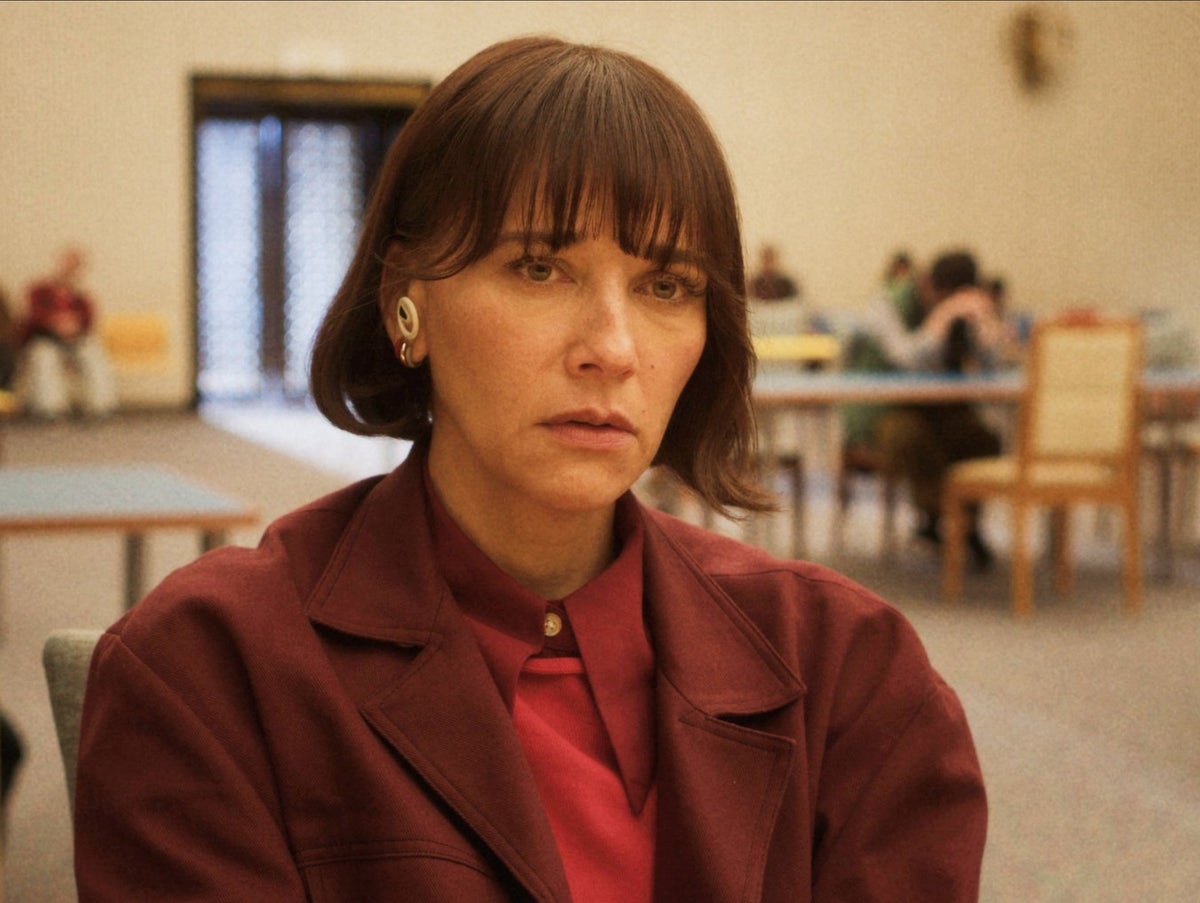
Support truly
independent journalism
Our mission is to deliver unbiased, fact-based reporting that holds power to account and exposes the truth.
Whether $5 or $50, every contribution counts.
Support us to deliver journalism without an agenda.

Louise Thomas
Editor
Suzie had always thought that her husband Masa’s job was something to do with refrigerators. When they first got together, he would talk to her about entropy and the law of thermodynamics. But soon after he and their young son go missing in a plane crash in the first episode of Sunny, Apple TV+’s latest genre-blending drama set in a near-future Japan, she is visited by one of his colleagues, who comes bearing an unexpected, unwanted gift.
Masa (Hidetoshi Nishijima), it turns out, worked on developing “homebots”, hi-tech domestic robots that ostensibly help out with chores, but can also be hijacked for nefarious purposes. As some sort of misguided consolation prize from Masa’s shady company, Suzie (Rashida Jones) is bequeathed Sunny, a Pixar-cute automaton. The fact that her new robot hanger-on seems to already know a concerning amount about her throws into relief the huge gaps in her knowledge of the man she married. “I’ve spent 10 years thinking that he’s just… nice,” she muses, after one dark revelation about his true character.
Sunny is easy to misjudge too. The show’s opening scenes, with their moody lighting and cool A24 colour palette (the series is the latest TV venture from the production company behind Moonlight and Euphoria), set us up to expect some cross between Ex Machina (another A24 vehicle about the perils of unfettered artificial intelligence) and the expat ennui of Lost in Translation. But it goes on to defy expectations.
One moment it’s an odd-couple comedy, as the misanthropic, tech-wary Suzie slowly warms up to Sunny (voiced by Joanna Sotomura), who in turn adapts her, erm, personality to better suit her owner’s prickly nature. The next, it shifts into dystopian sci-fi, as the unlikely pair’s mission to find out exactly what Masa was working on – and whether he’s actually dead – takes them behind the scenes at the ImaTech corporation, where employees perform daily calisthenics at the bidding of a disembodied voice, like something out of Nineteen Eighty-Four. Then it’s a gangster thriller, as the duo’s investigations get them tangled up in a Yakuza plot.

All of these very different styles are handled deftly by showrunner Katie Robbins. Although the plot strands and timelines are complicated, they never feel off-puttingly diffuse, in part thanks to the snappy episode run times: most of them clock in at between 30 and 40 minutes, bucking the streaming trend for long, meandering (and, let’s face it, self-indulgent) instalments, and instead helping sustain the tension throughout. The show is also anchored by a sharp and richly layered performance from Jones, who alternately draws us in and repels us as the standoffish Suzie, who uses her anguish as a protective shield to distance herself from others and to excuse her often bad behaviour.
Ultimately, for all of its futuristic trappings, Sunny is most compelling when it swaps robots and AI for human emotions like grief and loneliness – and asks whether we can ever truly know another person.







